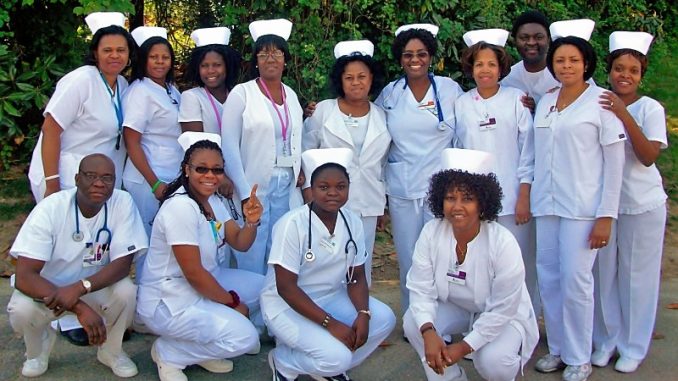Do You Want To Know The Requirements To Study Nursing In South Africa?
Nursing is a highly rewarding and respected profession that is in high demand around the world.
South Africa is no exception, with an increasing need for qualified nurses to provide essential healthcare services to the growing population.
If you are interested in pursuing a career in nursing in South Africa, there are certain requirements you need to fulfill before you can start your journey towards becoming a registered nurse.
Educational Requirements
To become a nurse in South Africa, you must have a minimum of a grade 12 certificate or an equivalent qualification.
You should have studied mathematics, physical science, and life sciences in your final year of high school.
You will also need to pass a nursing entrance exam to be considered for admission to a nursing program.
Language Requirements
All nursing programs in South Africa are conducted in English, so you must have a good understanding of the language to be able to participate fully in the program.
If English is not your first language, you will be required to provide proof of your proficiency, such as a TOEFL or IELTS score.
Health Requirements
To be eligible for nursing training, you must be in good physical and mental health. You will need to provide a medical certificate to confirm that you are fit and healthy enough to participate in the program.
Criminal Record Check
All nursing students in South Africa must undergo a criminal record check before they can be accepted into a nursing program.
This is to ensure that they do not have a criminal record that could affect their ability to work as a nurse.
Nursing Program Requirements
Once you have met the above requirements, you can enroll in a nursing program at a recognized nursing school in South Africa. The nursing program must be accredited by the South African Nursing Council (SANC), which is the regulatory body that oversees nursing education and practice in the country.
The nursing program will typically take four years to complete, and will consist of both theoretical and practical components. During your training, you will learn about anatomy, physiology, pharmacology, nursing ethics, and other essential subjects.










